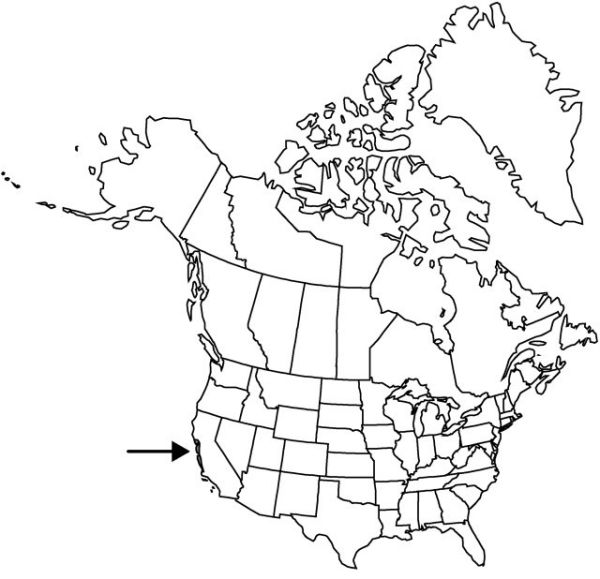Difference between revisions of "Fritillaria liliacea"
Edwards’s Bot. Reg. 20: under plate 1663. 1834.
Common names: Fragrant fritillary
EndemicConservation concern
FNA>Volume Importer |
imported>Volume Importer |
||
| Line 8: | Line 8: | ||
}} | }} | ||
|common_names=Fragrant fritillary | |common_names=Fragrant fritillary | ||
| + | |special_status={{Treatment/ID/Special_status | ||
| + | |code=E | ||
| + | |label=Endemic | ||
| + | }}{{Treatment/ID/Special_status | ||
| + | |code=C | ||
| + | |label=Conservation concern | ||
| + | }} | ||
|basionyms= | |basionyms= | ||
|synonyms= | |synonyms= | ||
| Line 47: | Line 54: | ||
|publication title=Edwards’s Bot. Reg. | |publication title=Edwards’s Bot. Reg. | ||
|publication year=1834 | |publication year=1834 | ||
| − | |special status= | + | |special status=Endemic;Conservation concern |
| − | |source xml=https:// | + | |source xml=https://bibilujan@bitbucket.org/aafc-mbb/fna-data-curation.git/src/bb6b7e3a7de7d3b7888a1ad48c7fd8f5c722d8d6/coarse_grained_fna_xml/V26/V26_291.xml |
|genus=Fritillaria | |genus=Fritillaria | ||
|species=Fritillaria liliacea | |species=Fritillaria liliacea | ||
Revision as of 22:16, 27 May 2020
Bulb scales: large 2–7; small 1–2. Stem 1–3.5 dm. Leaves 2–20, alternate, 3.5–12 cm; blade linear to ovate. Flowers nodding, odorless or faintly fragrant; tepals white, striped green, 1–1.6 cm, apex not recurved; nectaries obscure, purplish to greenish, narrowly linear, forming narrow band 1/2–2/3 tepal length; style obviously branched for 1/2 its length, branches longer than 1.5 mm. Capsules obtusely angled. 2n = 24.
Phenology: Flowering Feb–Apr.
Habitat: Heavy soil, open hills and fields near coast
Elevation: 0–200 m
Discussion
Of conservation concern.
Fritillaria liliacea is sometimes confused with F. agrestis, which has flowers with an unpleasant odor. This species is in cultivation, and is considered rare and endangered in California.
Selected References
None.
Lower Taxa
None.
